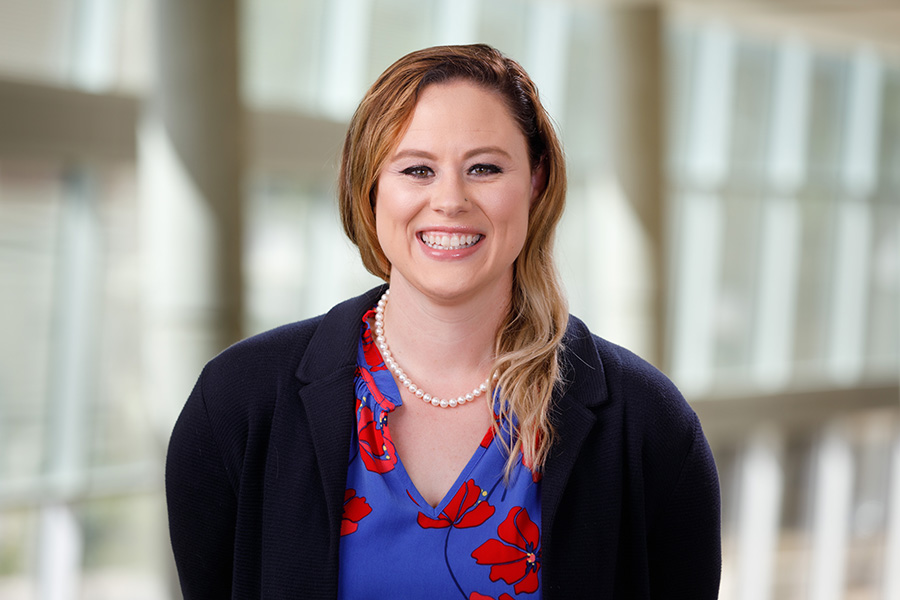Student Testimonials
How did your experiences in Rwanda contribute to your personal and professional growth as a public health practitioner?
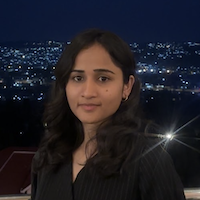
My experiences in Rwanda significantly contributed to my growth as a public health practitioner. Observing the use of Zipline’s drone delivery system for medical supplies emphasized the value of innovative technology in overcoming logistical challenges. Engaging with community health workers highlighted the importance of community engagement and culturally sensitive healthcare delivery, showing that trust and local involvement are crucial for effective health interventions. My time in Rwanda provided invaluable insights and skills that will enhance my ability to address health challenges effectively and compassionately in my public health career.
-Deepanjali Bhale, MPH in Epidemiology
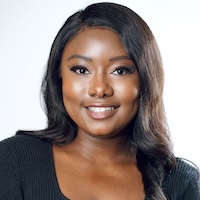
The trip provided valuable insights into tackling adversities faced by communities grappling with economic constraints that impact healthcare access and delivery. I developed several essential skills and perspectives, including cultural appreciation, critical thinking, problem-solving, and effective communication in underserved communities. These insights will help me become a more mindful and empathetic public health practitioner, better equipped to serve people in underserved areas. Understanding the socio-economic and cultural factors that influence health will enable me to design and implement more effective public health interventions in the future.
-Colleen Heines, online MPH in Epidemiology
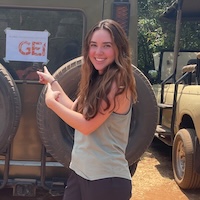
I definitely gained a new perspective. I learned so much about global health, which shaped my understanding of public health challenges and solutions in a low-resource setting. I hope to apply my deepened knowledge of different populations and their needs and how to make the most of the available resources as a member of the public health workforce, seeking to positively contribute to population and global health and wellbeing. I also learned so much from my fellow MPH students and professors from UNMC, the University of Rwanda, and those at the Rwanda Institute for Conservation Agriculture. These meaningful connections with my peers and new mentors were one of the biggest highlights of my trip and significantly contributed to my personal and professional development as well!
-Brittany Hocking, online MPH in Epidemiology
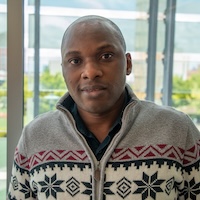
One of my personal goals was to network with other Rwandan students while exploring options for future collaborations. The visit to the University of Rwanda provided the opportunity to interact with fellow public health students and discuss possible research collaborations. My time management and multitasking skills were much improved from this trip. I had to juggle between attending Zoom meetings, completing assignments, grabbing breakfast, and arriving at pickup spots before departure. Both skills are essential as I navigate a long PhD journey. As a global health enthusiast, this trip is an excellent global health experience to be included in my CV for future job opportunities.
-Ikenna Orji, PhD in Environmental, Agriculture, and Occupational Health
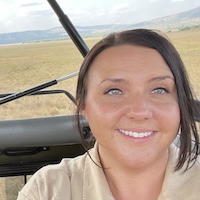
I will bring back my experiences and be a better advocate for some of the less common minority and refugee populations that we serve. I feel like I better know what it’s like to live in a developing country. I feel like I gained some skills to better communicate with those living very differently from me. I plan to integrate these skills and insights into future work and studies by making a real effort to take time with our refugee clients, who may need more support than what we offer at our vaccine visits. I will take time to see these people not just as who they are now and how they are living now but consider their past and the journey they have taken to get to where they are now. I plan on finding some resources to educate my staff better and support them in doing the same.
-Nicole Placke, online MPH in Health Promotion
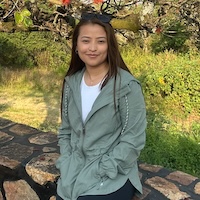
My experiences in Rwanda, particularly my visits to HDI and work in rural villages, have significantly advanced my career growth as a public health specialist. Before embarking on this trip, I was keen to understand the obstacles to providing healthcare to resource-limited communities and ways to effectively engage with these communities. Through these experiences, I have learned a great deal about implementing culturally relevant medical interventions and problem-solving strategies. I gained experience in teaching community health and recognized the importance of working with community health workers to disseminate health messages to different communities and organizations. I intend to apply the lessons I learned in my future work by strengthening my focus on community health initiatives and ensuring that cultural influences are adequately considered at all levels of public health development.
-Punam Rai, online MPH in Epidemiology
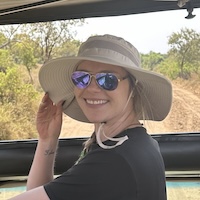
Overall, I think the most impactful lesson I can integrate into my current role and future practice is conversing casually and frequently about all areas of health. Removing the stigma of many topics and educating in a non-judgmental way can shift the perspective to one that public health and all healthcare are for a healthier nation and world.
-Elizabeth Ridder, online MPH in Emergency Preparedness
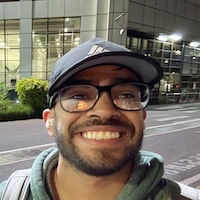
During this trip, my goal was to learn about Rwanda's public health strategies and the role of government agencies, international partnerships, and non-governmental organizations in addressing critical health issues in the country. I observed organizations that aim to improve community health and mental wellness while also empowering women through trade and sustainable farming initiatives. Their focus is on empowering the population to be self-sufficient rather than dependent on others. I was also impressed by the role of community health workers and wondered if a similar strategy would be effective in our communities, particularly in rural areas where most of the population knows each other. These experiences helped to contribute to my broader understanding of global health dynamics and public health strategies.
-Luke Santos, online MPH in Epidemiology
